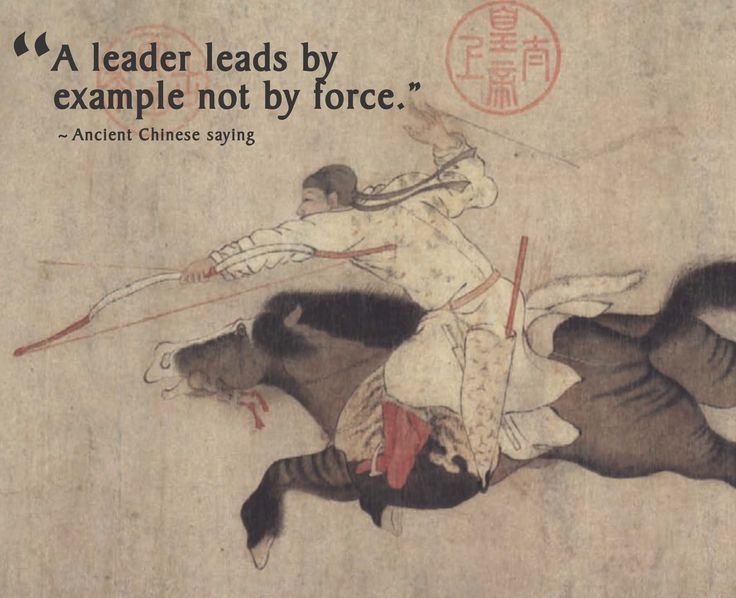The School Trip
In today's scenario, let's you are out with your teacher on a school trip to the local museum. On your way to the destination the teacher spots a homeless man on the street just outside. The teacher says to you and the rest of the class: “kids, give money to this man, he really needs our help”. With slight hesitation you agree and reach for 50p from your pocket. You tell yourself that: 'fair enough yeah this guy does need help'. Others go through the same process. This continues until it gets to your mate Kyle's turn. Kyle is the son of a local hedge fund manager. When he opens up his rather smart wallet the prof catches a glimpse of a £20 note sticking out. He says to Kyle: “I think you should give him the £20, let's be frank we all know you won't miss it.” Many (you suspect at least half) of the other students murmur in agreement. The homeless man chimes in too: “yeah, come on mate, it's only fair - I need to get in a hostel”.

There's a slight tension in the air. Kyle weighs up his options for a second or two and declares “I'm not doing it. The man was a bit rude, I don't know what he's going to spend it on and I think it's unfair I'm getting pressured like this. I think I should get to make my own choices.”
After a moment of silence the teacher, angered at the show of defiance, says softly: “we will talk later Kyle, after you've had some time to reflect on what you have done”. The same kids who murmured before now start openly calling Kyle names. “Kyle why would you do that? Prick”, says one. The teacher clearly hears this but does not react.
You later find out Kyle has been given detention every day after school for three weeks. The reason written in the book - 'concerning lack of compassion'. He appeals the decision but to no avail. The head of the school’s ‘Disciplinary Review Committee’ decides that justice had been done.
A few months down the line Kyle and you are chatting about the incident. He reveals that it still bothers him and that he is considering leaving the school because of it. This is upsetting to him as he really likes the schoolgrounds, the history and a lot of the teachers and other pupils. But something in him tells him that he should not put up with what he viewed as abuse of authority. To make things even worse, the kid who was the lead name-caller in the homeless man debacle has just been announced as the new Head Boy. For Kyle, that is the final straw and he quits at the end of the year. I'll let you guess whether Kyle's father (an alumnus of the school) continues making his regular anonymous contributions to various community outreach projects that the school had recently been involved in.

The teacher neglected to read his Sun Tzu
Why separate Welfare and State?
Forcing someone to do something that you think is good does not make you a good person and it does not make them good person. It makes you a tyrant and them afraid.
Every single time someone files off their tax return a huge chunk of the money (31% at last count in the UK) goes into government charity programs - or 'social protection' as they call it. Every single time you send the cheque you are in the same position as pupils on the school trip. What happens if you agree with Kyle? What happens if you are concerned about where the money is going and whether it will actually help? What happens if you believe in the power of freedom, the power of letting individuals decide their own charity policies? What happens if you say no? Instead of a mere 3 weeks' after-school detention you would be looking at a hefty fine and a multiple year prison sentence.
This redistribution is only reasonable you might say – we (barring a few American Psycho types) all agree that we should help the vulnerable. That’s not the point here. The big question is how do we do this. Ask two people how to help your local homeless drug addict and you will get two different answers. Truly helping even one person is extraordinarily difficult. Trying to design an effective centralised, static, one-size fits all solution to charity and welfare through the mechanisms of the state – impossible. Massive inefficiencies and counterproductive effects are inevitable. Enforcing these inefficient policies at threat of incarceration – that’s reaching mafioso levels of moral worldview.

What is the answer to the welfare question then?
say it ain't so.. see note..) then everyone pays the price. If you are happy risking that your state be a sacrifice to the growing 'examples to avoid' list of history classroom then you may be fine with this. If that idea is not so thrilling to you then it's time to fight back.I argued in ‘The Case for Freedom’ (https://steemit.com/freedom/@fluxrazza/the-case-for-freedom) that the standout ideal way of answering difficult questions as a society is to let individuals make their own choices. This applies to charity as equally as it applies to religion. At present in the West we have the fervorous barbarity of Saudi Arabia in redistributive economic form. If the government's solutions for providing welfare to citizens are fatally ineffective, damaging or downright corrupt (
.jpg)
Nothing for free
Of course this idealism doesn’t come without a cost. The cost of additional freedom is always additional personal responsibility. Just as Jesus took it upon himself personally to go out and help the lowest of the low, so must we do this same – taking back the burden that we have presently offloaded as far out of sight and out of mind as possible. What could be a greater abdication of responsibility on behalf of the citizen than removal to the deep inner workings of national governmental machinery.


Shoulder the burden
That is going to be a culture shock to many. Marching against poverty with your middle-class socialist-inclined friends, whining on TV about inequality, or even just quietly watching your tax bill sail off into the ether every month, is easy. Meaningfully helping the life of just one struggling community member or nearby family – much more difficult. To advance as a society we need to do difficult things, and the time to start is now.
‘Do what is meaningful, not what is expedient’.
I'll give it my best. And I hope you will too.

As promised:
Further view exploring the possibility of corrupt welfare
You have been upvoted by the @sndbox-alpha! Our curation team is currently formed by @anomadsoul, @GuyFawkes4-20, @martibis and @fingersik. We are seeking posts of the highest quality and we deem your endeavour as one of them. If you want to get to know more, feel free to check our blog.
This is a courtesy of @anomadsoul
Thanks guys